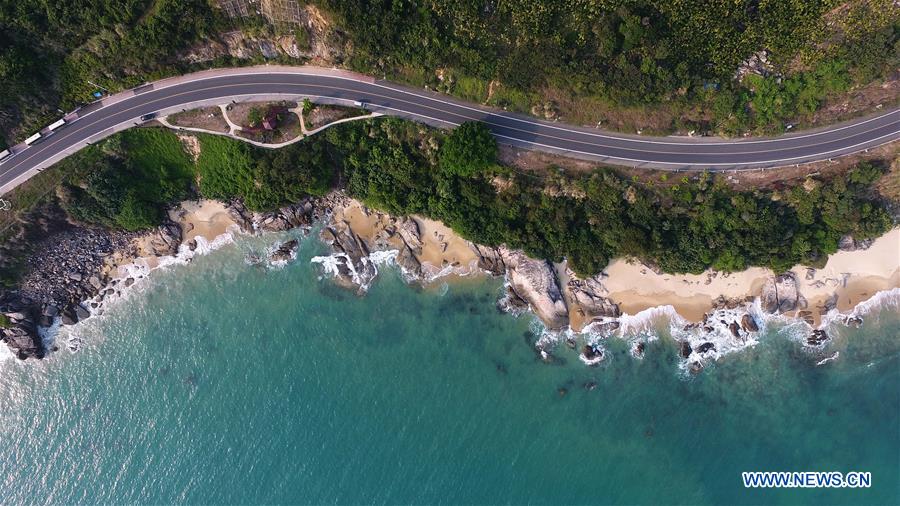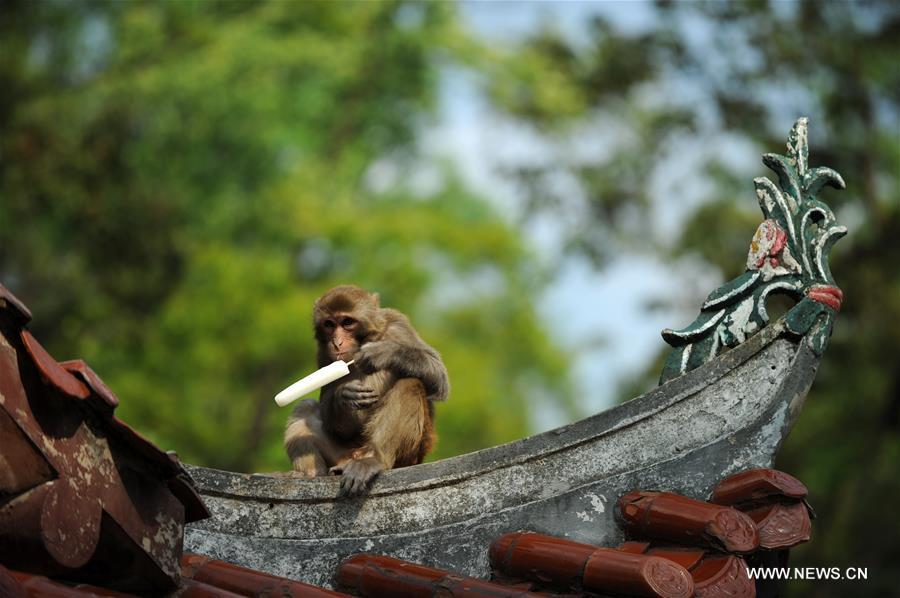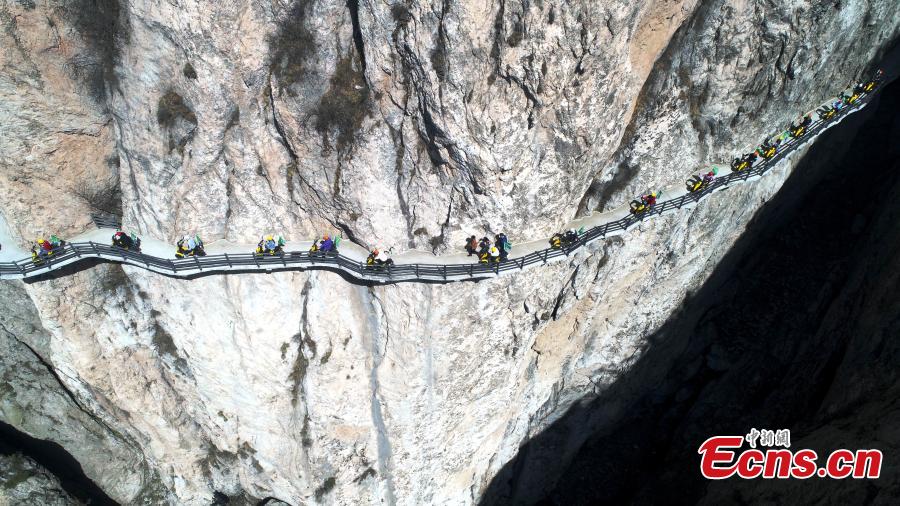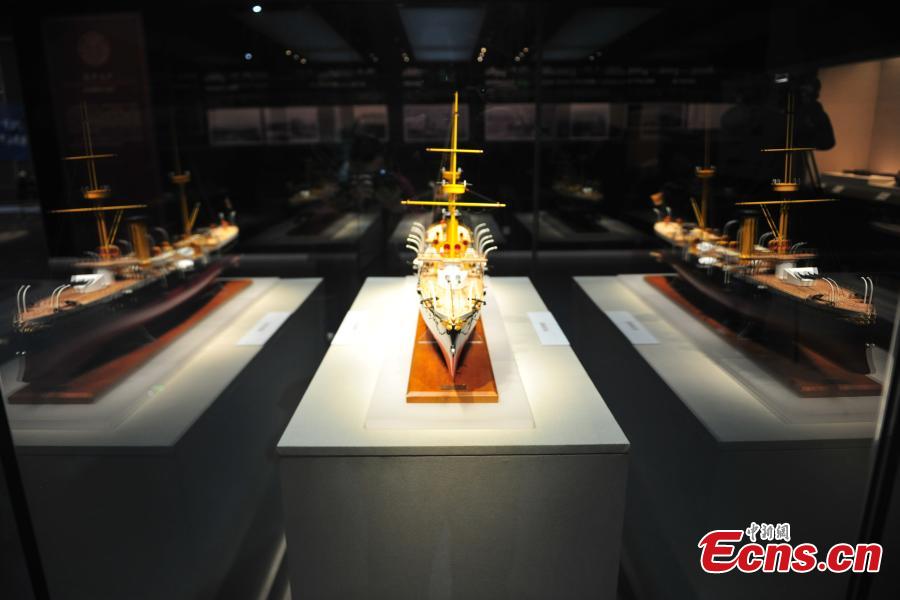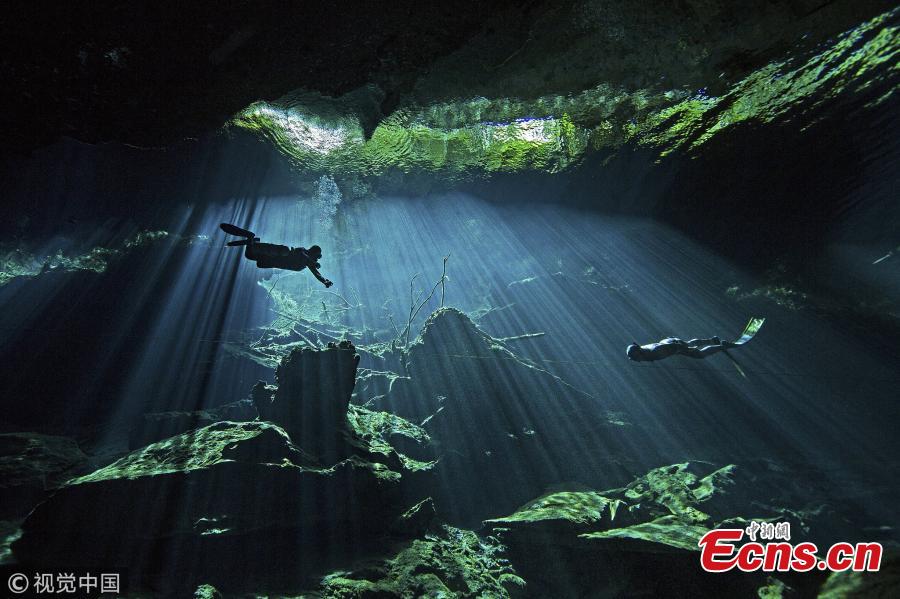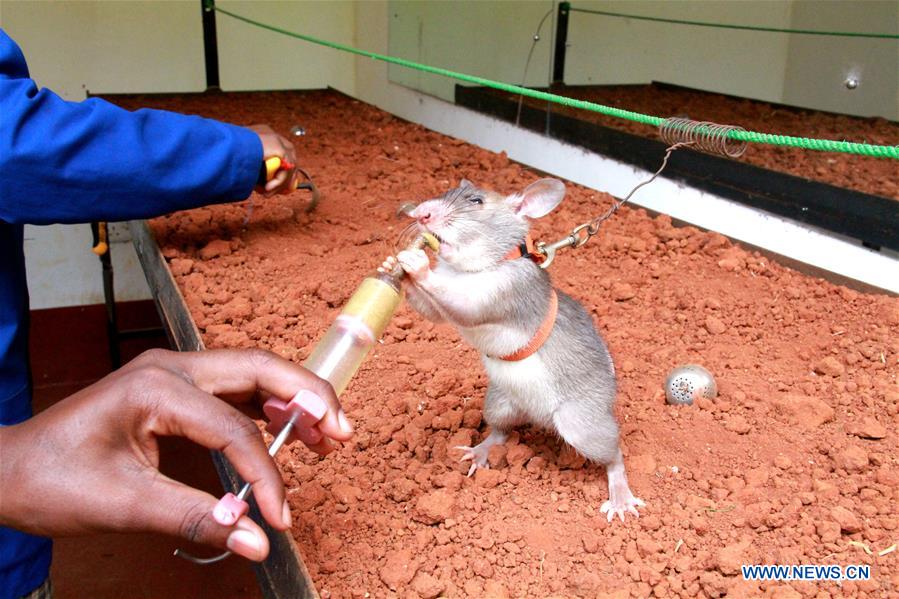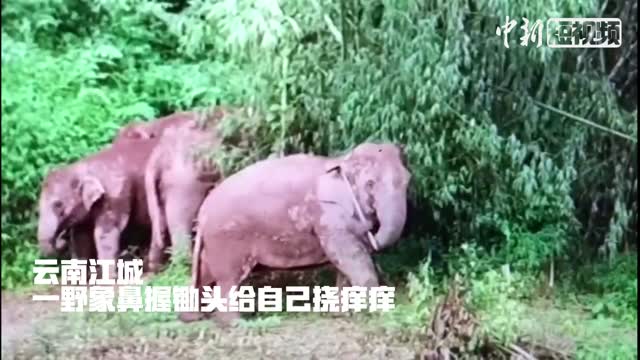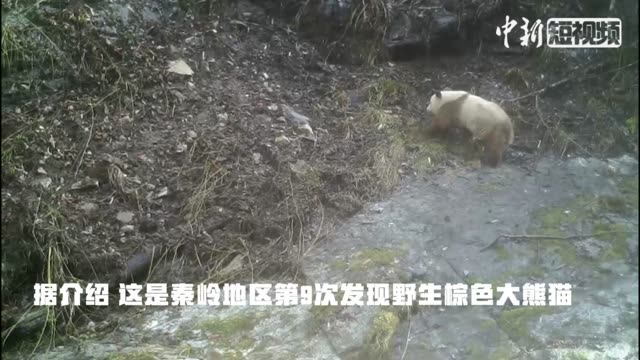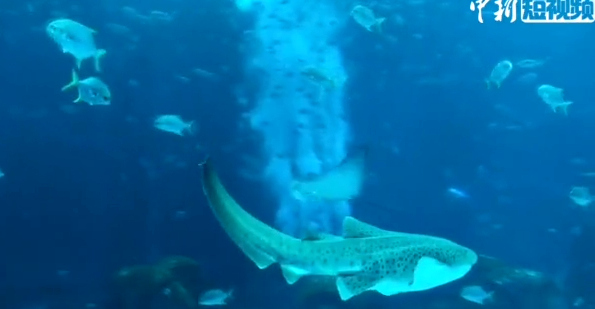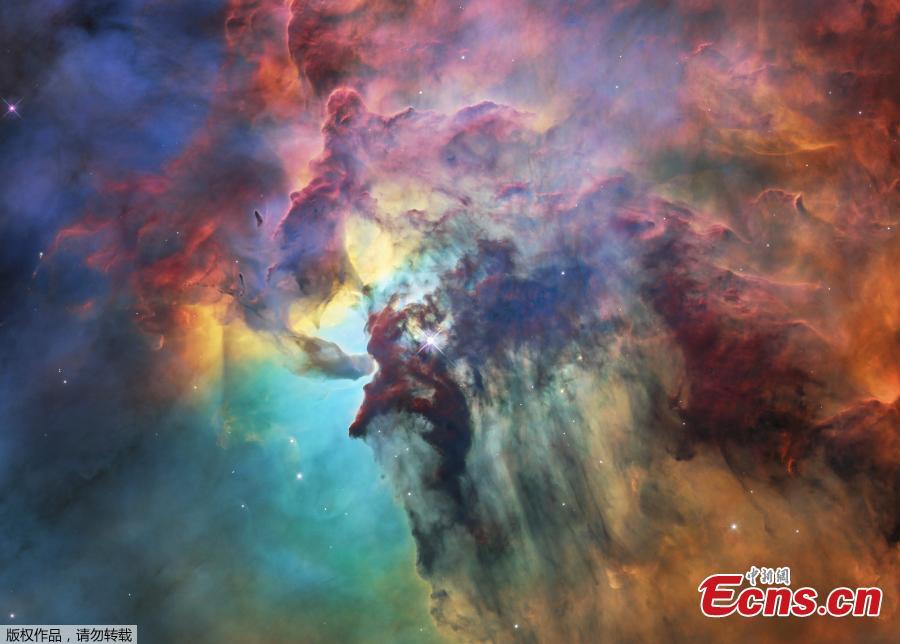
A photo released on April 19, 2018 by the European Space Agency shows this colourful image of the Lagoon Nebula to celebrate the 28th anniversary space of the the NASA/ESA Hubble Space Telescope. The whole nebula, about 4000 light-years away, is an incredible 55 light-years wide and 20 light-years tall. This image shows only a small part of this turbulent star-formation region, about four light-years across. This stunning nebula was first catalogued in 1654 by the Italian astronomer Giovanni Battista Hodierna, who sought to record nebulous objects in the night sky so they would not be mistaken for comets. Since Hodierna's observations, the Lagoon Nebula has been photographed and analysed by many telescopes and astronomers all over the world. The observations were taken by Hubble's Wide Field Camera 3 between 12 February and 18 February 2018. (Photo/Agencies)
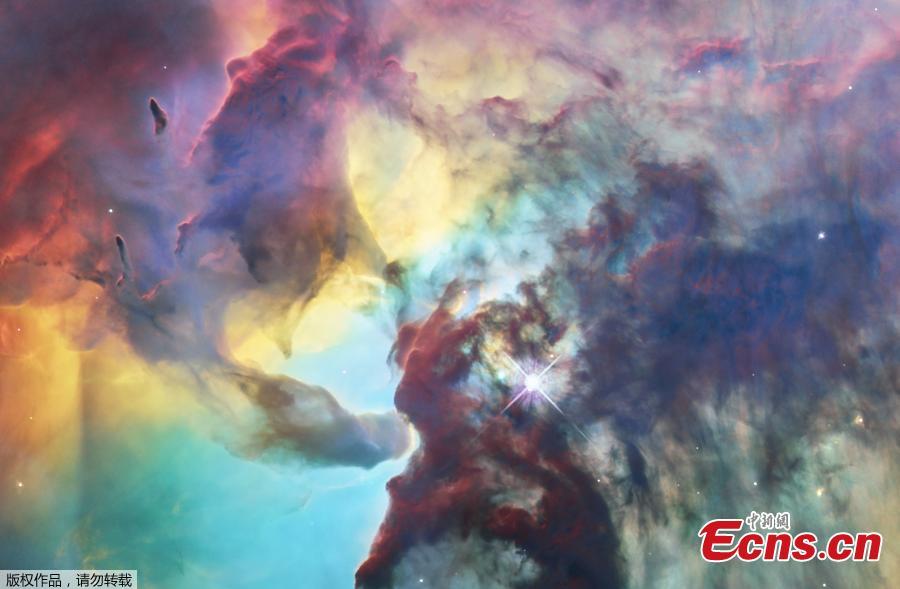
A photo released on April 19, 2018 by the European Space Agency shows this colourful image of the Lagoon Nebula to celebrate the 28th anniversary space of the the NASA/ESA Hubble Space Telescope. The whole nebula, about 4000 light-years away, is an incredible 55 light-years wide and 20 light-years tall. This image shows only a small part of this turbulent star-formation region, about four light-years across. This stunning nebula was first catalogued in 1654 by the Italian astronomer Giovanni Battista Hodierna, who sought to record nebulous objects in the night sky so they would not be mistaken for comets. Since Hodierna's observations, the Lagoon Nebula has been photographed and analysed by many telescopes and astronomers all over the world. The observations were taken by Hubble's Wide Field Camera 3 between 12 February and 18 February 2018. (Photo/Agencies)
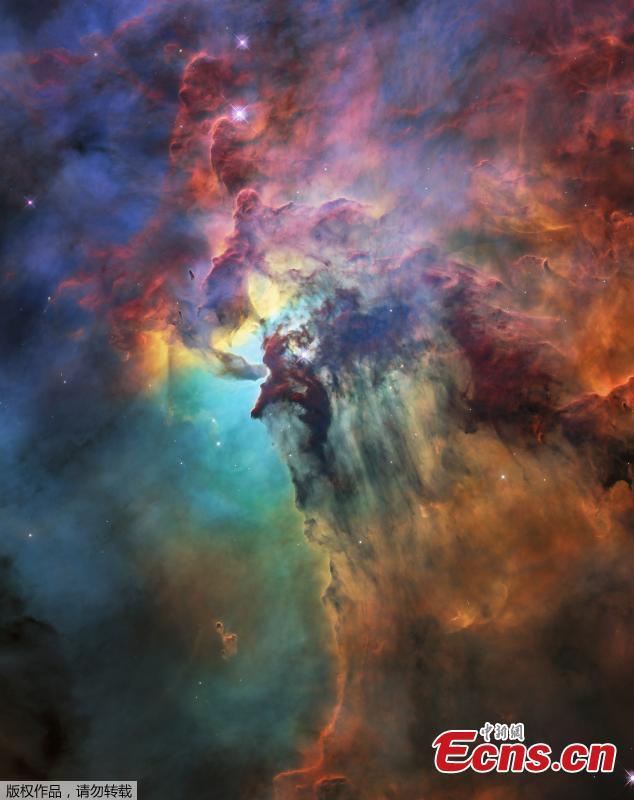
A photo released on April 19, 2018 by the European Space Agency shows this colourful image of the Lagoon Nebula to celebrate the 28th anniversary space of the the NASA/ESA Hubble Space Telescope. The whole nebula, about 4000 light-years away, is an incredible 55 light-years wide and 20 light-years tall. This image shows only a small part of this turbulent star-formation region, about four light-years across. This stunning nebula was first catalogued in 1654 by the Italian astronomer Giovanni Battista Hodierna, who sought to record nebulous objects in the night sky so they would not be mistaken for comets. Since Hodierna's observations, the Lagoon Nebula has been photographed and analysed by many telescopes and astronomers all over the world. The observations were taken by Hubble's Wide Field Camera 3 between 12 February and 18 February 2018. (Photo/Agencies)







